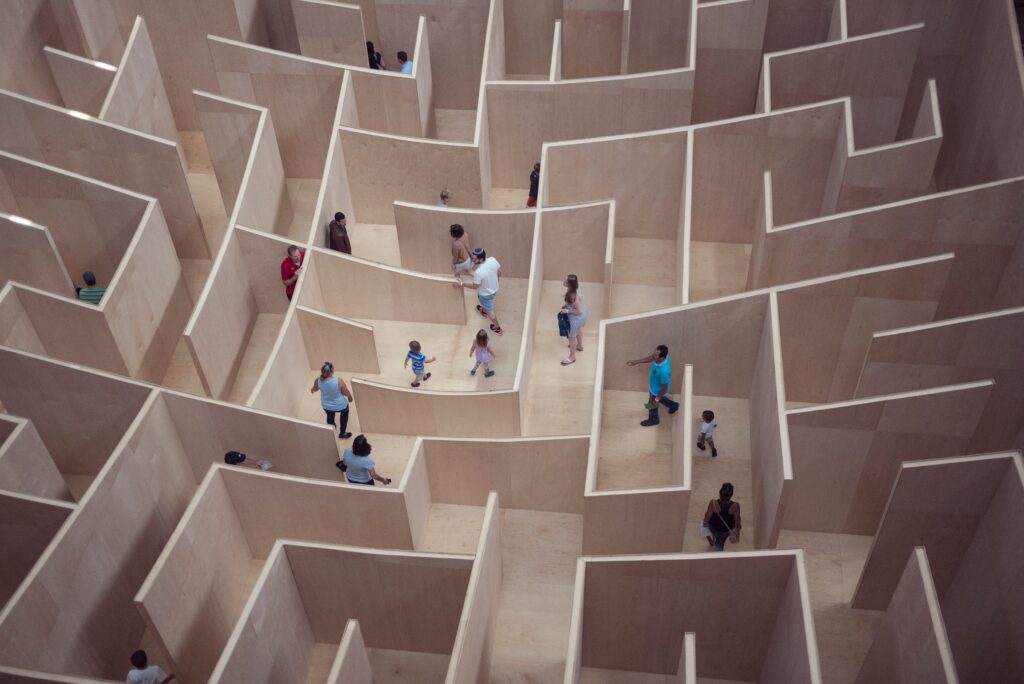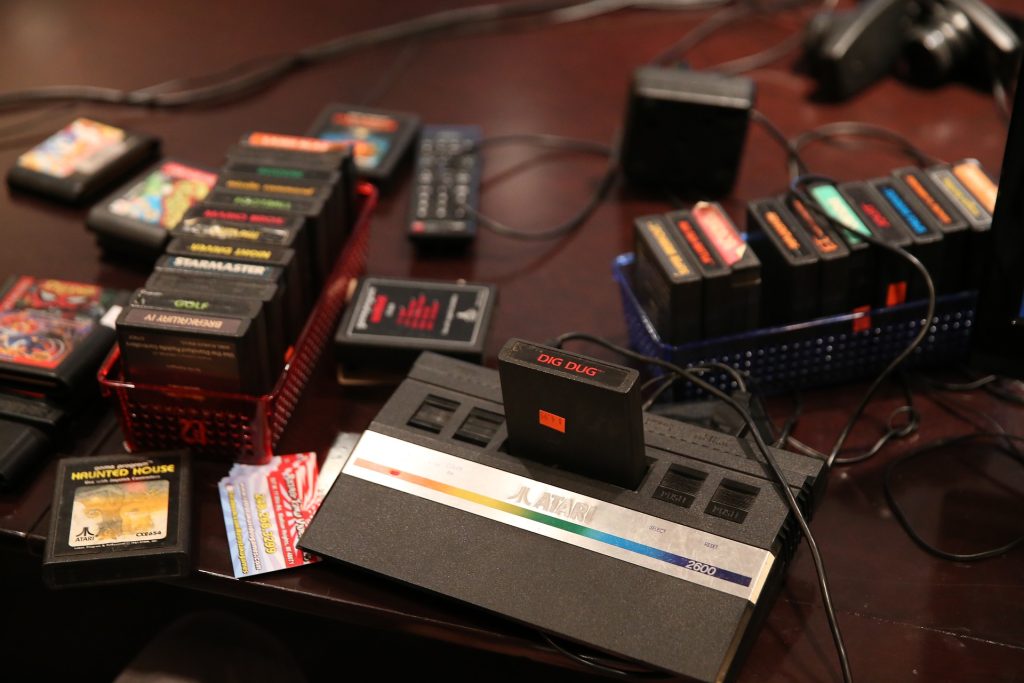Everyone looking to start a career in the gaming industry ultimately comes to a similar question when starting: what kind of jobs do employers offer and recruit for? Gaming industry jobs break down into several categories based on what kind of major skill sets you’ll be using regularly. These categories include programming, game design, art, game writing, localization and translating, and so much more.
If you’re looking to get involved right away, you might even look into play testing to get some forms of experience and a foot into the industry. A lot depends on networking and your skills! If you’re stuck in the research maze, here are some potential careers to look towards!

Game Designer
Arguably the first thing people think of when viewing a game company is all of the professional game designers that create gameplay, levels, animations, and overall direction of a game. However, there’s more that can go into a role. Usually, a designer has a specific field they specialize in that adds or works into a team. You focus on that role. Try to pick out your specialization while in college.
Your main goal as a game designer is to shape the game towards the vision the team or director wants while injecting your ideas organically into your design portions. While you may not do much of the coding or art yourself, you focus on gameplay’s overall writing and flow. Level design, gameplay, and adequately conveying the story through a harmonious blend of the two. You control how the game feels.
While doing that, you will also work closely with artists and programmers to help make your game work properly and look polished. You’re a team player as a designer. Depending on your position within that team, you can expect your salary and skill level to reflect that. The senior-level designers can make upwards of USD 80,000 per year, while those starting in junior positions start around $30,000 Usd.

Programer/ Developer
Without the programming, all you’d have are the concepts and designs. Video game developers make the game function by providing the backbone for the artist and developers to implement their ideas. This role includes ensuring gameplay modes function and the animation looks right. All of this comes down to design and coding, primary skills that form the backbone of the gaming industry.
Everyone in the industry should be able to code at least a little bit. Knowing how to do so enables bug fixing and the ability to make modifications and fine-tune game systems. However, the foundation for all of that needs programmers to build them. It’s their job to set up the game world, the assets, and the central gameplay modes that enable designers and artists to find their vision.
As a developer, expect to put a great deal of work on a computer. Your education will revolve around learning various coding languages, how video game engines function, and much more. Your primary skills will revolve around math and general computer science. Expect heavy involvement with most of your team members. Developer salaries start at around $50,000 but can make over $100,000 annually.
Artist
Ever wonder how games have such iconic characters and unique styles to them? Chances are that someone had to come up with that, either by building on a designer’s vision or by their own creative ability. If you’re going to school for game design, you probably will have to take some form of art class as a part of your education. Any talent in the arts can be picked up and molded into a potential career.
Art is one of the most critical roles in the gaming industry, yet large portions of the job market undervalue it. If you want to make a career out of your art and work your way into a creative industry outside of freelance, start here! Artists make everything look right, from the environment to the character models and the user interface. Concept art enables designers to experiment and build.
While a difficult career to start, artists can find incredibly fruitful opportunities if they dig deep enough. Don’t worry about style or quality of your work- practice makes perfect. That’s what an art education is for. Artist salaries can work their way up from an entry-level, around $30,000, to over $80,000 at senior. On top of that, you could even bridge your way to another position through experience.

Management
Once you’ve made it into a gaming career, your next steps may lead you to leadership. If you have a mind for directing and ideas, take some time to research this direction. Managing and overseeing the creative vision to make your perfect game could become or fulfill your career’s dream. With hard work and diligence, you may find the green light for your ideas or find yourself at the reins of freedom.
Management makes big decisions in the gaming industry. Leadership helps set the standards, critique, guide, and set up their intellectual properties. Some prominent gaming industry directors include Hidetaka Miyazaki, Hideo Kojima, Gabe Newell, and Sid Meier, and boast extensive resumes with legendary games, from Dark Souls to Civilization. Waves like these can only expect greatness to follow. Be the next generation.
Some jobs that fall under management in the games industry include project management, system administrators, community managers, Q.A. engineers, and so on. These jobs offer a great experience and take on high importance, especially going forward as games get bigger and bigger. Starting salaries for management may be low, around $20,000 to $30,000, but the senior-level jobs make over $100,000.




